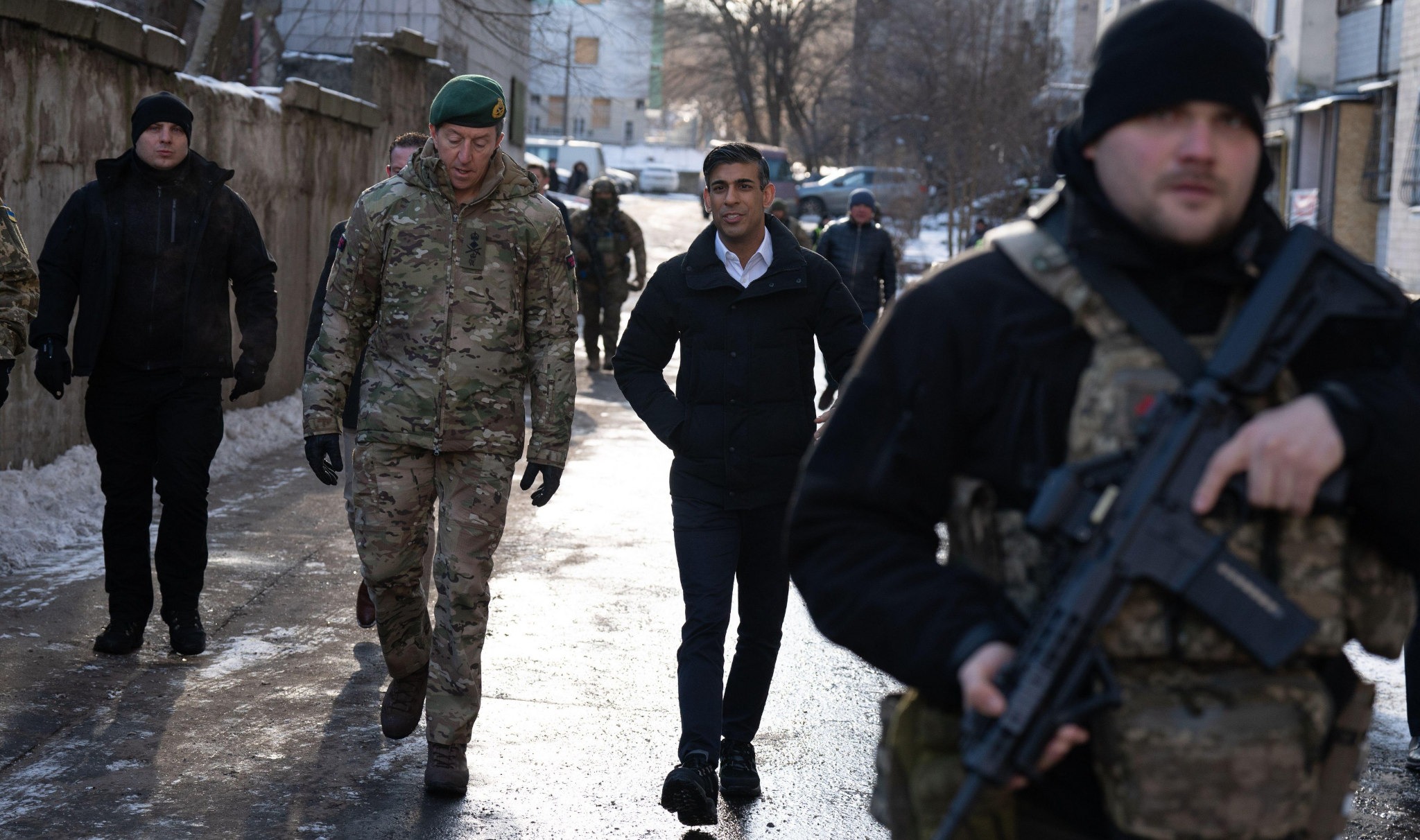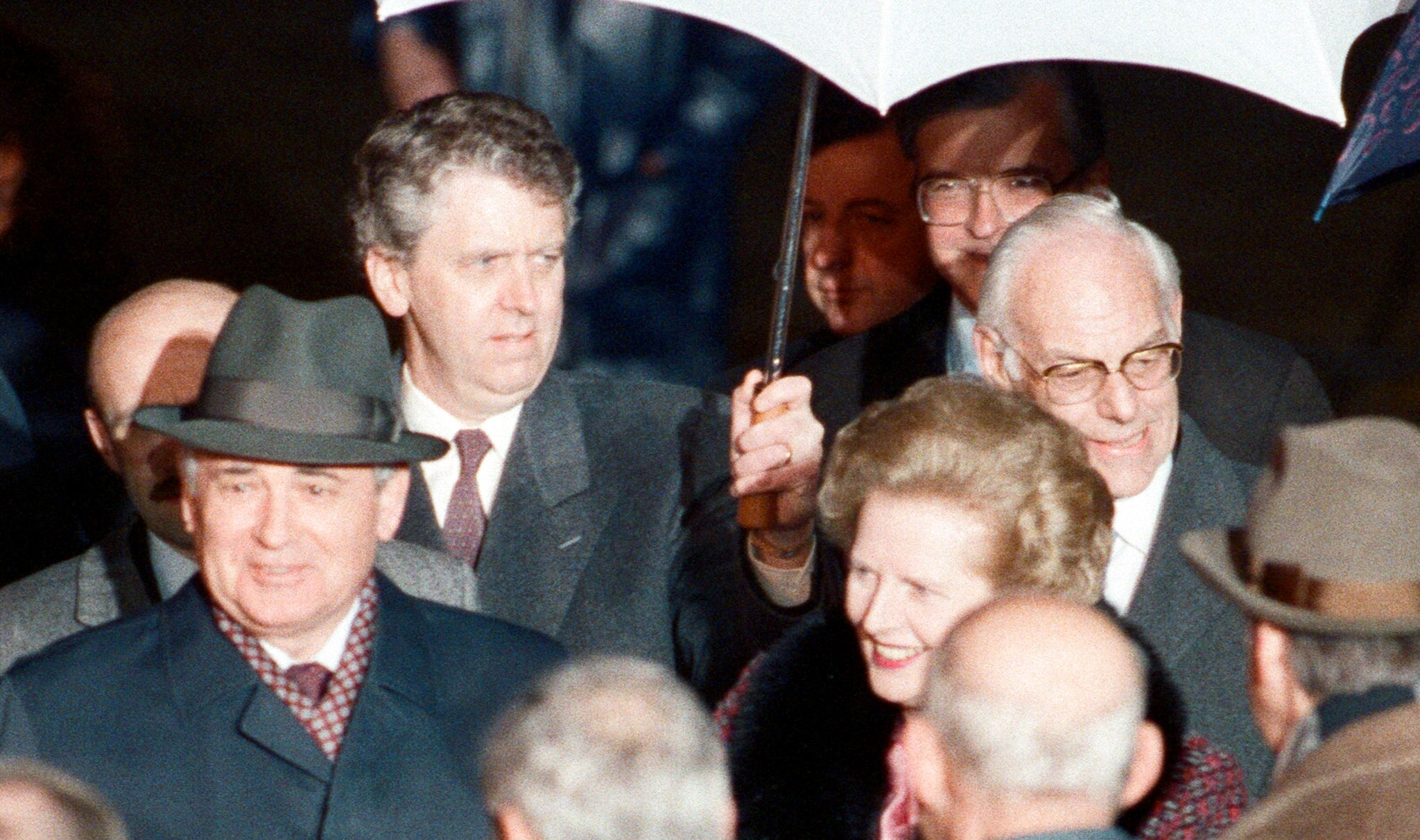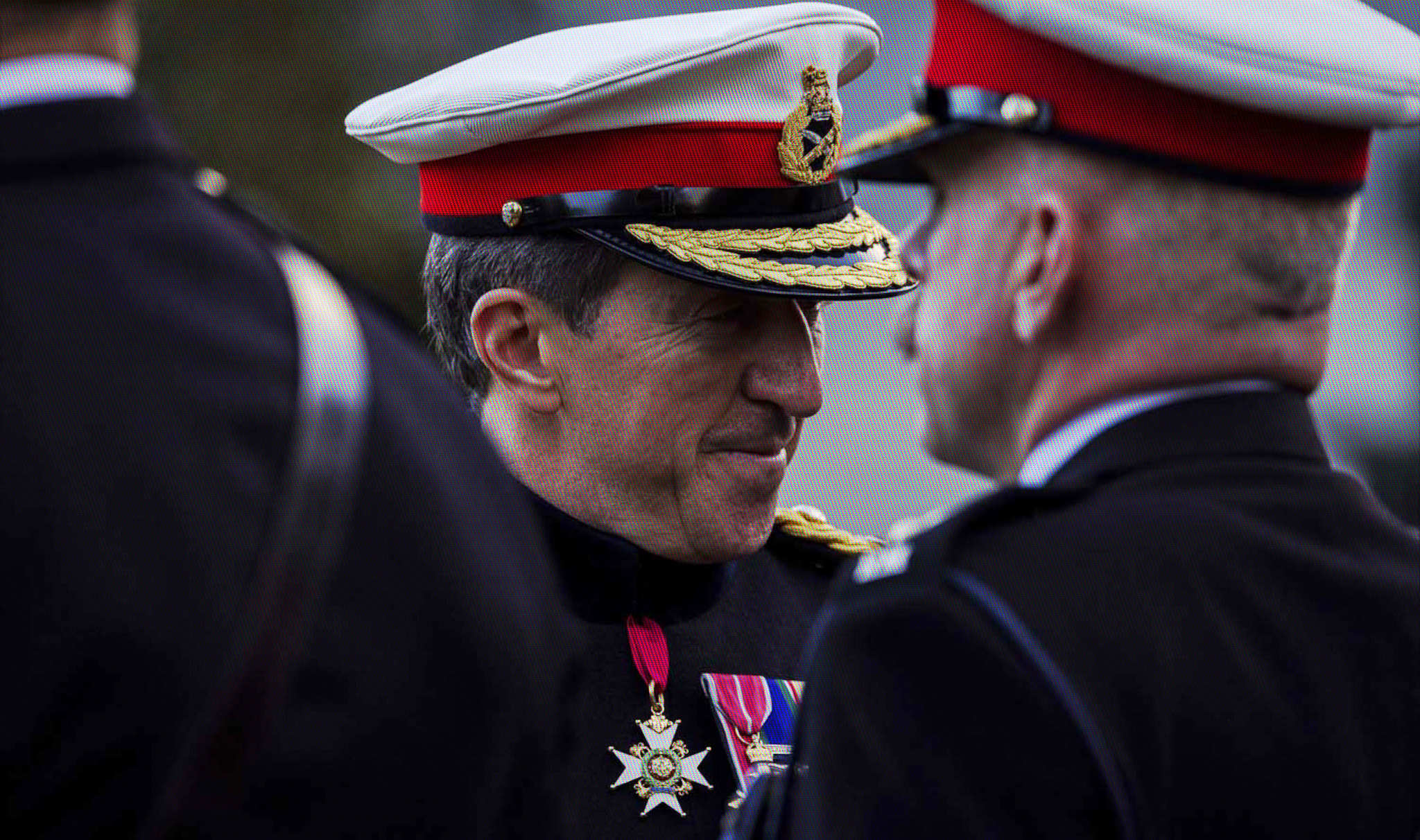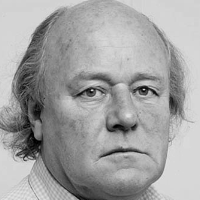At last the lid is coming off special forces operations, revealing specific and detailed accusations that senior British military figures have been desperate to suppress.
It is alleged that troops from the elite Special Air Service (SAS) took the law into their own hands and committed “multiple murders” that were “deliberately covered up”.
This was how Sir Charles Haddon-Cave, an appeal court judge, last week described evidence he had heard from British special forces officers.
Haddon-Cave made the comments at the inquiry he chairs into 80 suspicious deaths on SAS counter-terrorism raids in Afghanistan between 2010 and 2013.
So far, the evidence has been heard mostly in secret. But despite the best efforts of the Ministry of Defence (MoD) to block it, damning details are becoming public.
And the repercussions in one of the most secret corners of the British state should be huge.
‘Unacceptable’
The inquiry was forced on a reluctant MoD after increasingly credible claims of cold-blooded murder; of planting weapons on innocent civilians; and of deleting incriminating documents from computers.
Military officials persistently dismissed the allegations claiming, untruthfully, that there was no evidence to support them.
Yet UK special forces can no longer hide behind official denials.
The wall of secrecy, which has given them greater protection even than that enjoyed by Britain’s spy agencies – MI5, MI6, and GCHQ, of which the SAS is in effect the military wing – is beginning to crumble.
Haddon-Cave lambasted “quite unacceptable” delays by the MoD, which has taken many months to disclose the documents he sought.
The inquiry heard that more than a year ago, the ministry was accused by another senior judge of a “cavalier attitude” towards disclosure orders by the high court.
Tessa Gregory, a solicitor from Leigh Day who represents the Afghan victims, said the bereaved families were “appalled and insulted” by the MoD’s conduct that was seriously hindering the inquiry.
“Our clients have been seeking to uncover the truth about the deaths of their loved ones for more than a decade”, she said.
The MoD’s excuse was that it was having trouble finding enough officials and lawyers with sufficient security clearance to search for documents relevant to the inquiry.
This might derail the hearings until March 2025, even with the ministry asking officers “in the chain of command” to help trawl through the papers.
Unsurprisingly, Richard Hermer KC, a barrister for the Afghan families, said they would have “grave concerns” that senior SAS officers – the very people who have been suppressing evidence – were to be involved now in deciding what should be disclosed.
‘Cancerous’ squadron
The inquiry has seen evidence by a high ranking special forces officer who decided to blow the whistle.
He said SAS soldiers he commanded had committed war crimes by murdering prisoners in Afghanistan, telling the Royal Military Police that a “cancer had infected” an SAS squadron.
He said their crimes were so serious that the entire SAS regiment needed a “complete overhaul”, the Sunday Times reported.
It said the whistleblower’s statement was placed in a safe at the headquarters of the Special Boat Service (SBS) – the naval equivalent of the SAS – by Colonel Gwyn Jenkins.
Jenkins later explained to the military police that the then director of special forces, General Jacko Page, was “unhappy about the nature of the information”.
Jenkins, who went on to command all British special forces in Afghanistan and rose to the rank of General, was appointed Rishi Sunak’s national security adviser last month.
Sunak praised his “distinguished career”.
Black hole
Neither the House of Commons crossparty defence committee, nor parliament’s intelligence and security committee (ISC), has the power to scrutinise British special forces.
MPs on these bodies seem not to be bothered.
However, the Commons public accounts committee (PAC) last month said a new parliamentary unit must be set up to fill what it called the “scrutiny gap” preventing proper investigation of Britain’s special forces, as well as the UK’s nuclear weapons arsenal.
Even the D-Notice committee, which manages voluntary self-censorship of the media, has complained about the refusal of the MoD to officially confirm any operation involving British special forces.
Yet, as they have acknowledged to me, senior military figures leak information about the SAS and SBS whenever it suits them, notably after an allegedly successful military mission they want to trumpet.
It has been left to individual whistleblowers and a few journalists, including at Declassified, to pursue these elite military units that are playing an increasingly significant role in British operations abroad.
The end of that totally unacceptable situation now seems to be in sight.




